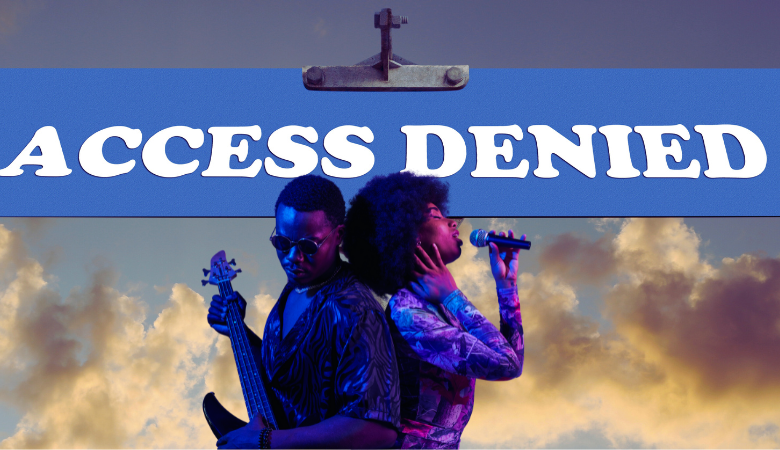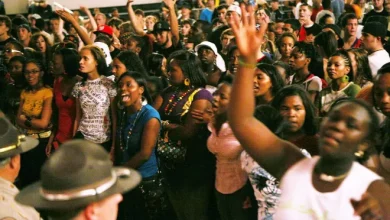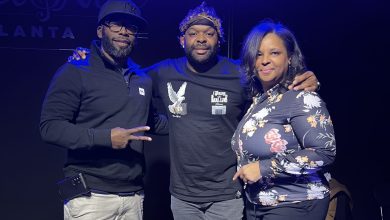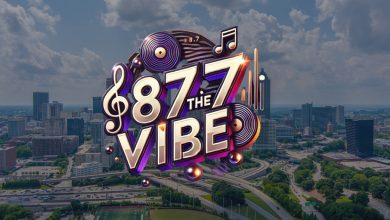Unlocking the Truth: Is There a Gatekeeper in Southern Soul?
Recent discussions within the Southern Soul music community have ignited a debate about access and opportunities for emerging artists.

Questions are arising about whether certain platforms, networks, and key industry connections are controlled by influential individuals who can either make or break a new artist’s career. As the genre continues to gain mainstream traction, understanding the dynamics of power and access within Southern Soul has become more critical than ever. Are there gatekeepers who hold the keys to success, or is the playing field more open than it appears? Join us as we dive into these pressing issues and uncover the truth behind the scenes of Southern Soul.
After spending the last two years immersed in Modern Blues and Southern Soul Music, I’ve had the privilege of meeting some extraordinarily talented and influential individuals. From artists and DJs to producers, musicians, and promoters, our bond is forged by a shared passion for Southern Soul music. Countless stories highlight the journey from complete obscurity to achieving mass appeal and cultivating substantial independent fan bases. Honestly, more artists are creating music with the hope that it will resonate with the Southern Soul audience than there are fans actively seeking new artists. However, Southern Soul offers a unique advantage: it allows artists to independently develop a dedicated fan base without the need for a gatekeeper. With access to the global audience via social media, an artist can reach fans worldwide through a well-crafted brand, strategic marketing, and effective promotional campaigns. This democratization of reach means that the power to succeed lies within the artists’ hands, making Southern Soul a fertile ground for new and rising talent.
When it comes to access to certain platforms, many artists find themselves at the mercy of decision-makers. These gatekeepers often seek suggestions and feedback, which can either support or hinder an artist’s progress. If an artist’s name is mentioned positively in influential circles, the outcome tends to be favorable, opening doors to new opportunities. Conversely, negative or indifferent mentions can stunt an artist’s advancement. This raises the question: is this dynamic a form of gatekeeping, or is it simply a matter of opinions being weighed based on various factors such as talent, marketability, and personal connections? The distinction is crucial as it shapes our understanding of fairness and accessibility within the industry.
It’s clear that several platforms operate with biases and personal opinions, sometimes deliberately ignoring or disregarding trending and emerging artists. Additionally, past negative experiences can lead some gatekeepers to withhold their platforms from those they perceive as selfish, inconsiderate, or entitled. The truth is, opinions vary widely, and not everyone will share the same view of an artist. Therefore, artists should focus on those who support them and provide opportunities rather than dwelling on those who don’t. By creating their own lane and nurturing relationships with genuine supporters, artists can navigate around roadblocks and continue their journey toward success without unnecessary hindrances.



